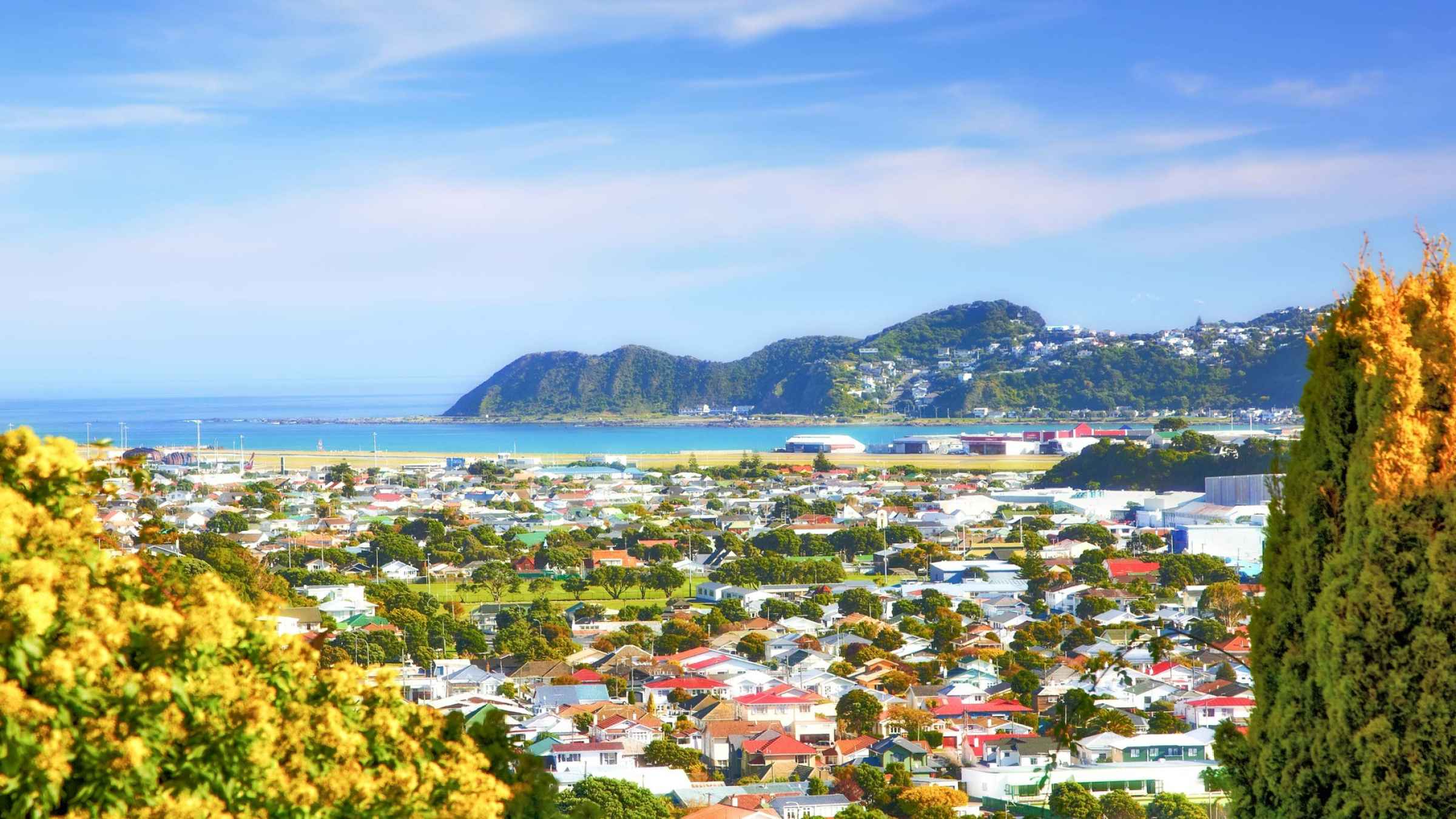As the summer sun approaches, New Zealand’s property market is showing signs of warmth. Trade Me’s Property Price Index for November reveals a slight but steady increase in property prices across the nation, offering promising prospects for both buyers and sellers.
National Average Climbs
The national average asking price for a property now stands at $864,650, marking a 0.5 percent uptick compared to October. While this might appear modest, it signifies a continuing trend of growth in property values, which can instill confidence in sellers as we head into the summer season.
Gavin Lloyd, Trade Me Property Sales Director, notes, “After a month of positive increases across every region in October, it’s a good sign to see property prices still trending up across the country – even if it’s just a minor change. This will help sellers feel more confident about listing their properties this summer.”
Regional Leaders
Some of New Zealand’s smaller regions have been at the forefront of this upward trajectory. Gisborne, for instance, recorded an impressive 3.5 percent month-on-month increase, elevating the average asking price by $20,000 to $627,700. Northland closely followed with a 2.3 percent jump, raising the region’s average asking price to $841,700. Whangarei, a key contributor to Northland’s growth, witnessed a substantial 4.4 percent increase from October, raising the average asking price by over $30,000 to $831,100.
Christchurch’s Appeal
In the realm of major cities, Christchurch stands as an outlier, experiencing a year-on-year increase of 0.2 percent, with an average asking price of $701,900 in November. Smaller dwellings with 1-2 bedrooms in Christchurch saw a noteworthy 2.9 percent year-on-year increase, resulting in an average asking price of $531,350.
“Christchurch has emerged as a great option for first home buyers, especially if they don’t need a big property. It’s the most affordable option for Kiwis, and prices have also been relatively stable compared to Auckland and Wellington,” says Gavin Lloyd.
Auckland and Wellington Trends
Auckland witnessed a significant shift, particularly in five-plus bedroom properties, which experienced a 16.2 percent drop in average asking price, falling to just over $2.3 million. Across all property sizes in Auckland, there was an 8.4 percent decrease, bringing the average asking price to $1,213,750. Meanwhile, in Wellington (Pōneke), the average asking price has fallen to $910,500, reflecting an 8.3 percent decline compared to the same time last year.
Supply and Demand Dynamics
The supply of properties for sale saw a notable 11 percent increase in November across New Zealand, marking the largest month-on-month growth in 2023. Wellington (18 percent) and Otago (15 percent) saw double-digit increases, but Gisborne stood out with the most significant surge, recording a remarkable 34 percent increase compared to October.
Gavin Lloyd suggests, “After the uncertainty of the election and a new government, it’s clear that Kiwis now feel comfortable enough to put their properties on the market. Another consideration is that sellers would want to get their properties onsite before the holiday period when we see a lot of people heading away.”
Nationwide, demand increased by 2 percent in November, with Gisborne again leading the way with a 23 percent increase in listing views.
Properties Selling Faster
With demand on the rise across the country, properties are selling at a quicker pace than in 2022. The median time for a property to be listed onsite has fallen to 51 days, which is 6 days less than it was in November last year.
“When homes are selling quickly in New Zealand, it’s a great sign for the property market. Fast sales mean there’s a lot of interest and demand, which is good news for both sellers and buyers,” concludes Gavin Lloyd.
As we approach the summer season, these trends suggest a dynamic and potentially rewarding property market in New Zealand. Whether you’re considering buying or selling, staying informed about these developments can help you make informed decisions in this evolving real estate landscape.
Disclaimer: This article provides an overview of property market trends based on Trade Me’s Property Price Index for November 2023. It is not intended as financial or investment advice. Readers are encouraged to consult relevant professionals for specific property-related decisions.



